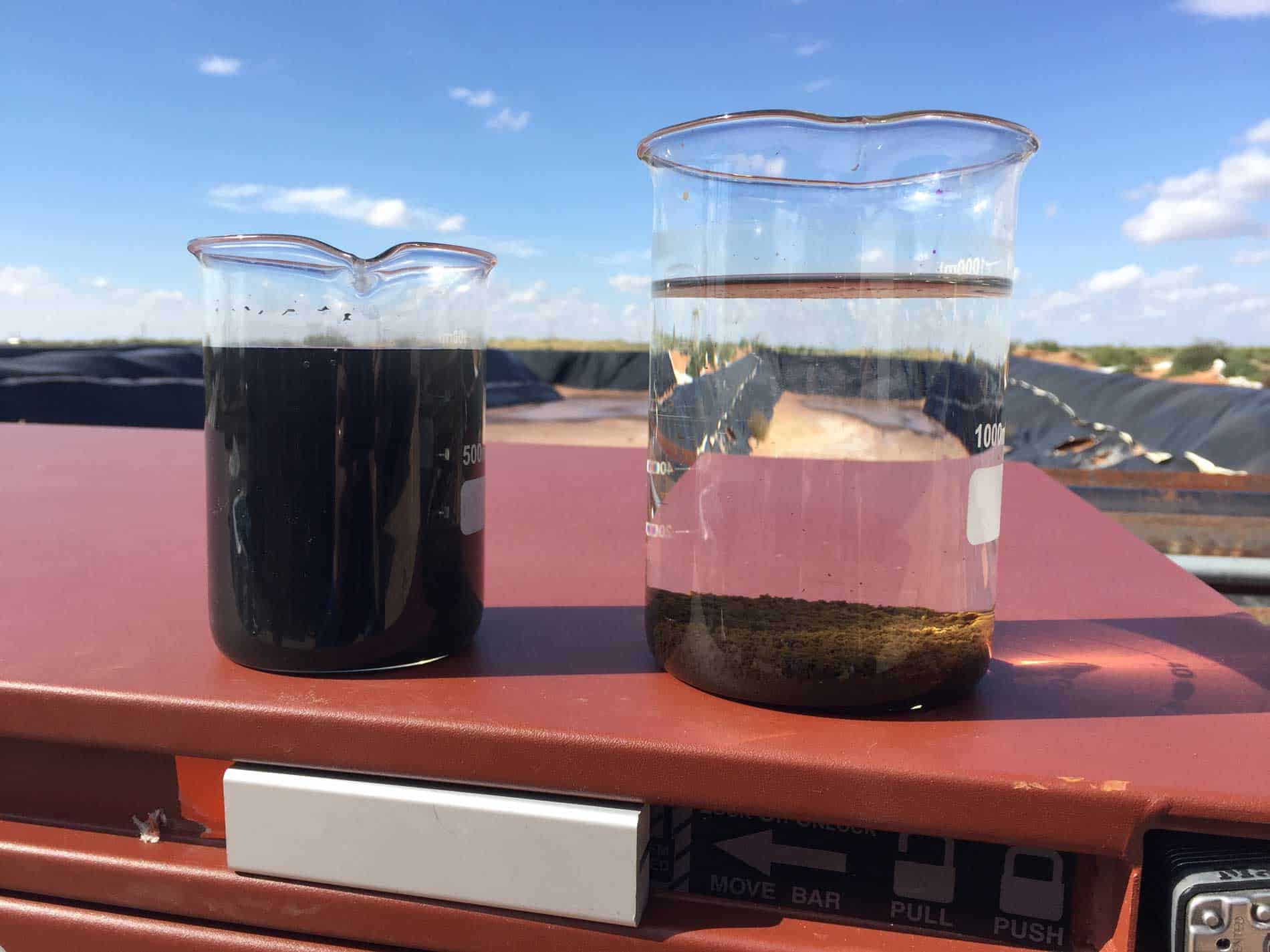JIS K2250 Oil Residue in Process Water Testing
Oil residue testing is a critical process within the oil and gas sector to ensure compliance with environmental regulations. The JIS K2250 standard specifically addresses the quantitative determination of oil residues in produced water, which is an essential part of process water analysis. This service is crucial for quality managers and compliance officers who need accurate data on oil content in their operations.
The testing method described by JIS K2250 involves several steps to ensure precise measurement. The first step is the collection of representative samples from various points within the production facility, ensuring that no bias is introduced during sampling. Once collected, these samples undergo rigorous preparation before analysis, which includes filtration and conditioning if necessary.
The core of JIS K2250 involves the use of specific analytical techniques designed to detect minuscule amounts of oil residues in water. This typically means employing gas chromatography or other forms of spectroscopy that can identify and quantify hydrocarbons present at very low concentrations. The results are then analyzed against predefined acceptance criteria, which may vary based on local regulations but generally aim for maximum allowable limits.
One of the key challenges faced by laboratories performing this type of analysis is maintaining consistent quality across all tests. This requires not only state-of-the-art equipment but also trained personnel who understand both the theoretical underpinnings and practical applications of oil residue testing. At Eurolab, we have invested heavily in our facilities to ensure that every test conducted meets international standards.
Another important aspect is ensuring that all samples are handled correctly from collection through final reporting. Proper storage conditions for oils and solvents used during preparation play a significant role here. Additionally, the calibration of instruments must be regularly checked against recognized reference materials provided by organizations like NIST or similar bodies.
The importance of accurate oil residue testing cannot be overstated, especially when dealing with produced waters from various sources such as offshore platforms or land-based wells. The presence of even small amounts of hydrocarbons can have severe environmental impacts if not properly managed. By adhering strictly to JIS K2250 guidelines and using advanced analytical methods like those available at Eurolab, companies in the oil & gas industry can help mitigate these risks while also meeting regulatory requirements.
Understanding how different factors such as temperature changes or contamination levels might affect test results is crucial for maintaining reliable data over time. Our team at Eurolab stays up-to-date with the latest research and best practices so that we can provide clients with consistent, high-quality testing services.
Applied Standards
| Standard | Description |
|---|---|
| JIS K2250 | Japanese Industrial Standard for the Determination of Oil Residues in Process Water. |
Eurolab Advantages
At Eurolab, we offer unparalleled expertise and experience in conducting JIS K2250 oil residue tests for process water samples. Our state-of-the-art laboratory facilities are equipped with the latest analytical instruments capable of detecting hydrocarbon traces down to parts per billion levels.
We employ highly trained professionals who adhere strictly to international standards, ensuring accurate and reliable results every time. With extensive experience in this field, our team understands both the technical aspects and real-world implications of these tests, allowing us to provide customized solutions tailored specifically to your needs.
In addition to cutting-edge technology, we also offer comprehensive support services including sample preparation guidance, interpretation of results, and assistance with regulatory compliance. By choosing Eurolab for your JIS K2250 oil residue testing requirements, you can rest assured that you are receiving the highest quality service available today.
Customer Impact and Satisfaction
- Achieving compliance with environmental regulations through precise measurement of oil residues in produced water.
- Reducing risk associated with potential contamination from hydrocarbons present in process waters.
- Enhancing reputation among stakeholders by demonstrating commitment to sustainable practices.
- Promoting operational efficiency within facilities handling large volumes of wastewater.





